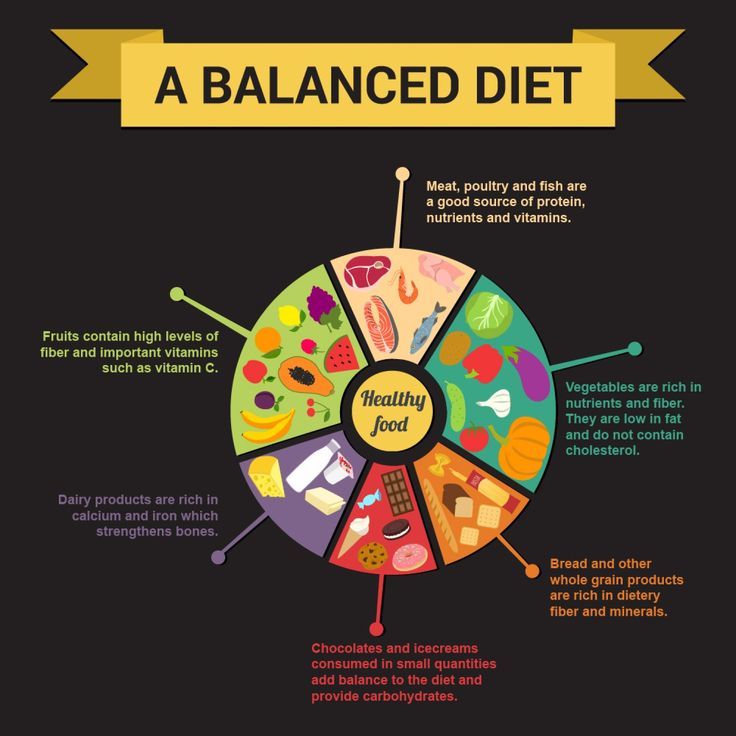In today’s fast-paced and technology-driven world, taking care of our bodies often takes a backseat to our busy schedules. However, maintaining a healthy lifestyle is crucial, especially when it comes to fueling our bodies with balanced meals. A balanced meal ensures that we are getting the right nutrients our bodies need to function at their best. In this article, we will explore the importance of balanced meals, dive deeper into the benefits they provide, and provide tips on how to incorporate them into your daily routine.
Understanding Balanced Meals
A balanced meal consists of a combination of different food groups that provide a variety of essential nutrients such as carbohydrates, proteins, healthy fats, vitamins, and minerals. These nutrients play a vital role in supporting our bodily functions, enhancing our physical and mental performance, and preventing chronic diseases.
The Benefits of Balanced Meals
1. Sustained Energy Levels
Balanced meals provide a steady release of energy throughout the day. By including complex carbohydrates, lean proteins, and healthy fats, your body gets the fuel it needs to maintain consistent energy levels, keeping you focused and productive.
2. Improved Mental Clarity
The brain requires a constant supply of nutrients to function optimally. Balanced meals rich in omega-3 fatty acids, vitamin B12, and antioxidants contribute to improved cognitive function, memory retention, and overall mental well-being.
3. Enhanced Physical Performance
For those engaged in physical activities or regular exercise, balanced meals help optimize performance and aid in muscle recovery. Nutrients like proteins support muscle growth, while carbohydrates provide the necessary energy to sustain workouts and conquer fitness goals.
4. Disease Prevention
A well-balanced diet reduces the risk of various chronic diseases, including heart disease, diabetes, and obesity. By incorporating whole grains, fruits, vegetables, and lean sources of protein, we promote a healthier immune system and protect ourselves against harmful conditions.
Tips for Achieving a Balanced Meal
Achieving a balanced meal may seem challenging, but with a few simple guidelines, it can become part of your daily routine:
Fill half your plate with colorful fruits and vegetables to ensure a variety of vitamins and minerals.
Incorporate lean proteins like chicken, fish, tofu, or legumes to support muscle growth and repair.
Include whole grains, such as quinoa, brown rice, or whole wheat bread, as a source of energizing carbohydrates and dietary fiber.
Don’t forget about healthy fats like avocados, nuts, and olive oil that are crucial for brain function and overall health.
Limit processed and sugary foods, as they often lack essential nutrients and can lead to weight gain and other health issues.
Conclusion
Fueling your body with balanced meals is key to maintaining good health and well-being. Not only does it provide sustained energy levels and improved mental clarity, but it also enhances physical performance and helps prevent chronic diseases. By following a few simple guidelines, you can easily incorporate balanced meals into your daily routine and reap the myriad of benefits they offer. Prioritize your health today by giving your body the fuel it deserves!
